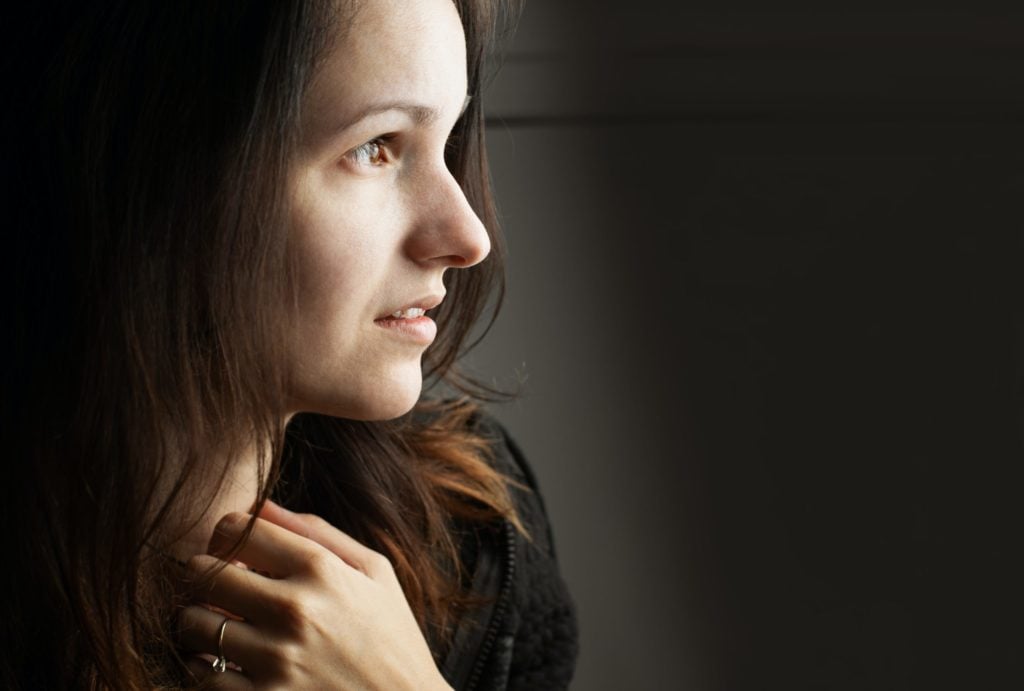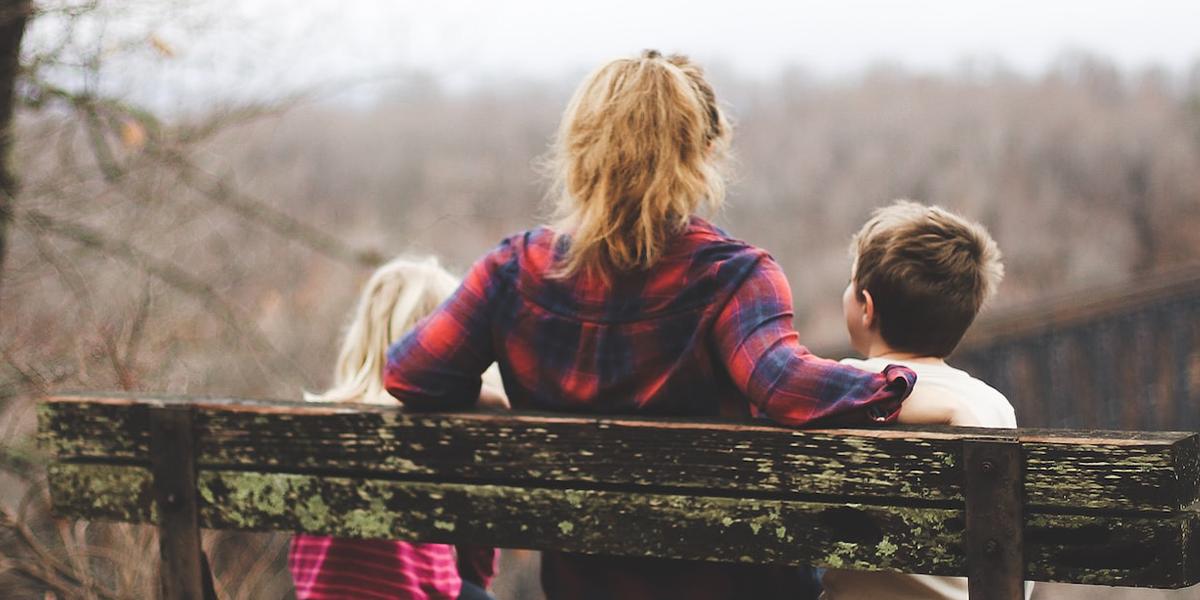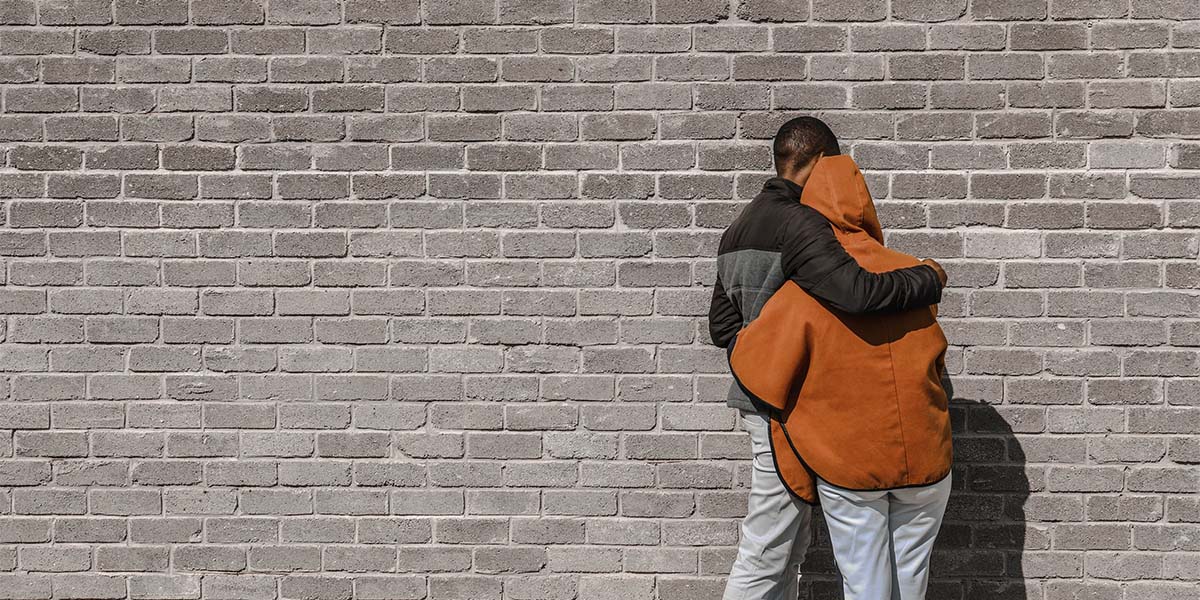
Do I Have A Phobia?
If anxiety or fear has ever held you back from doing something you love—or even from living your daily life with ease—you’re not alone. Many people experience intense, persistent fears that can cause real physical symptoms and emotional distress. The good news? With the right kind of support, phobias and anxiety don’t have to control your life. Professional counseling can help you understand your fear, learn techniques to reduce your symptoms, and reclaim your sense of calm and confidence.
What Exactly Is a Phobia?
We all feel fear from time to time—it’s part of being human. But when fear becomes so strong that it triggers an overwhelming anxiety response, we call it a phobia.
A phobia is more than just a dislike or discomfort; it’s an intense, irrational fear of a specific object, situation, or experience. When someone encounters—or even thinks about—the thing they fear, their body can react as if they’re in real danger. Common symptoms include breathlessness, dizziness, a racing heart, nausea, or even a full-blown panic attack.
According to the American Psychiatric Association, phobias are the most common mental health condition among women and the second most common among men.
why do phobias develop?
There’s no single cause of phobias. Some can trace back to a traumatic experience, such as being bitten by a dog or getting stuck in an elevator. Others might appear later in life for reasons that are harder to pinpoint. Sometimes, genetics or learned behavior play a role—if a parent or caregiver reacts fearfully to something, a child might internalize that response.
Whatever the cause, it’s important to remember that phobias are highly treatable. You don’t have to live in avoidance or fear forever.
some of the most common phobias
You’ve probably heard of a few of these:
- Arachnophobia – fear of spiders and other arachnids
- Ophidiophobia – fear of snakes
- Acrophobia – fear of heights
- Aerophobia – fear of flying
- Cynophobia – fear of dogs
- Astraphobia – fear of thunder and lightning
- Trypanophobia – fear of injections or needles
- Social Phobia (Social Anxiety Disorder) – fear of social situations or being judged
- Agoraphobia – fear of being in situations where escape may be difficult (crowds, open spaces, or being alone)
- Mysophobia – fear of germs or contamination
- Coulrophobia - fear of clowns
how phobias affect daily life
Phobias can quietly shape a person’s world. Someone afraid of dogs might avoid neighborhood walks. A person terrified of germs might turn down social invitations or avoid restaurants. Those with agoraphobia may isolate themselves, torn between fear of the outside world and the loneliness that comes with staying inside.
Avoiding fears offers temporary relief—but over time, avoidance can shrink your world and increase your anxiety. That’s why reaching out for professional help can make such a difference.
how therapy can help people with phobias
Phobias respond well to treatment, especially when guided by a compassionate, trained therapist. Some of the most effective approaches include:
- Cognitive-Behavioral Therapy (CBT) – helps you identify and reframe the thought patterns fueling your fear.
- Exposure Therapy – gently and safely helps you face your fear in a controlled, supportive way, reducing its power over time.
- Eye Movement Desensitization and Reprocessing (EMDR) – particularly effective if your phobia stems from trauma.
- Medication – in some cases, medication can help manage anxiety symptoms so therapy can be more effective.
Therapy helps you retrain your mind and body to respond calmly instead of fearfully—so you can return to a life that feels open, full, and free.
If you or someone you love is living with a phobia, please know that you don’t have to face it alone. Help is available, and healing is possible. Life doesn’t have to revolve around fear or avoidance.
Reach out to connect with a Lifeologie therapist near you. O ur anxiety specialists would be honored to help you take that first brave step toward a calmer, freer life.

About Lifeologie
Lifeologie Counseling was founded in 2000 with one goal in mind — to bring a fresh, innovative approach to the everyday problems of life. Creative solutions to stuck problems®. With our unique multi-specialty, collaborative approach, Lifeologie Counseling helps individuals and families heal their wounds and break out of old, unhealthy patterns.




